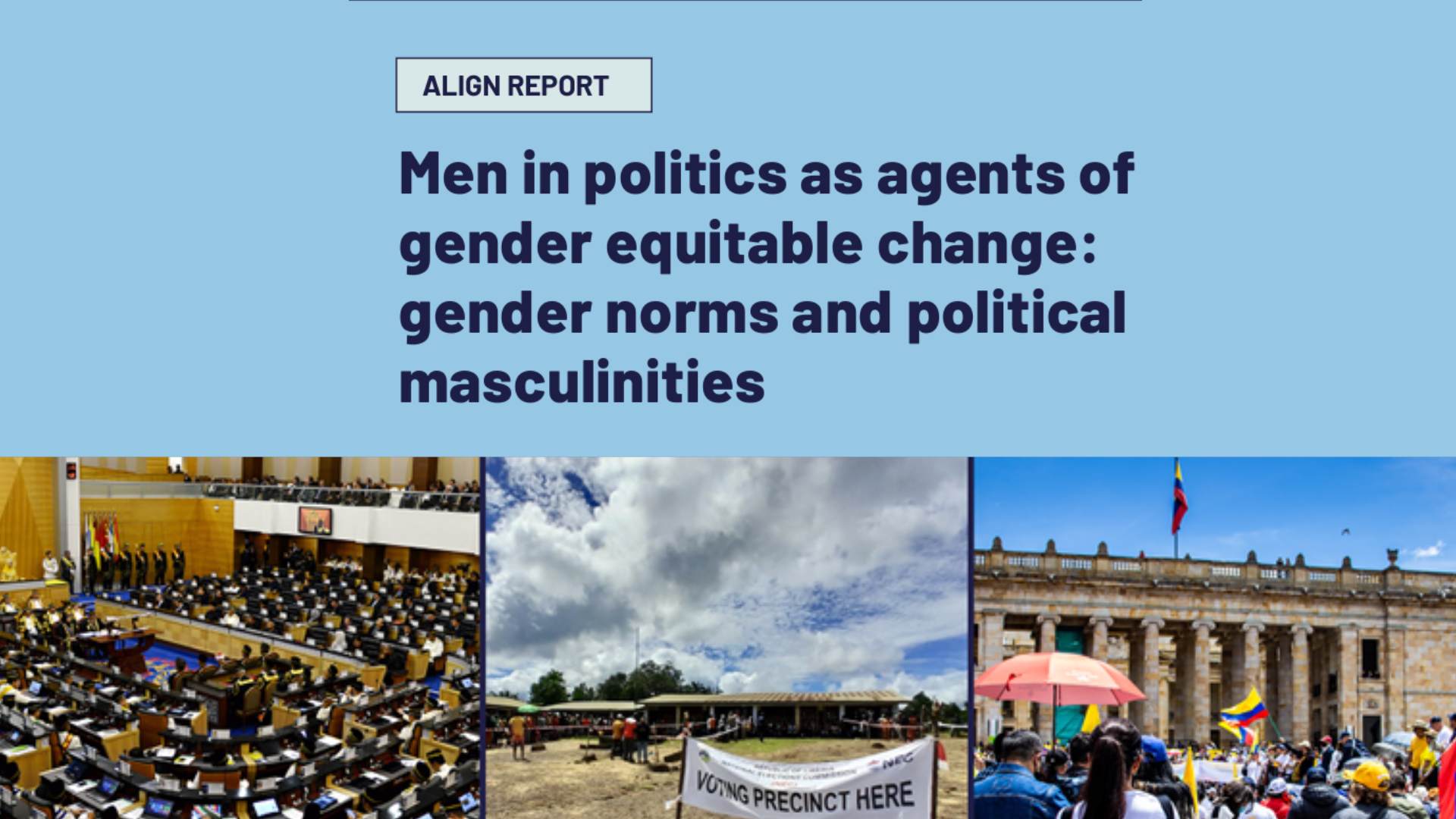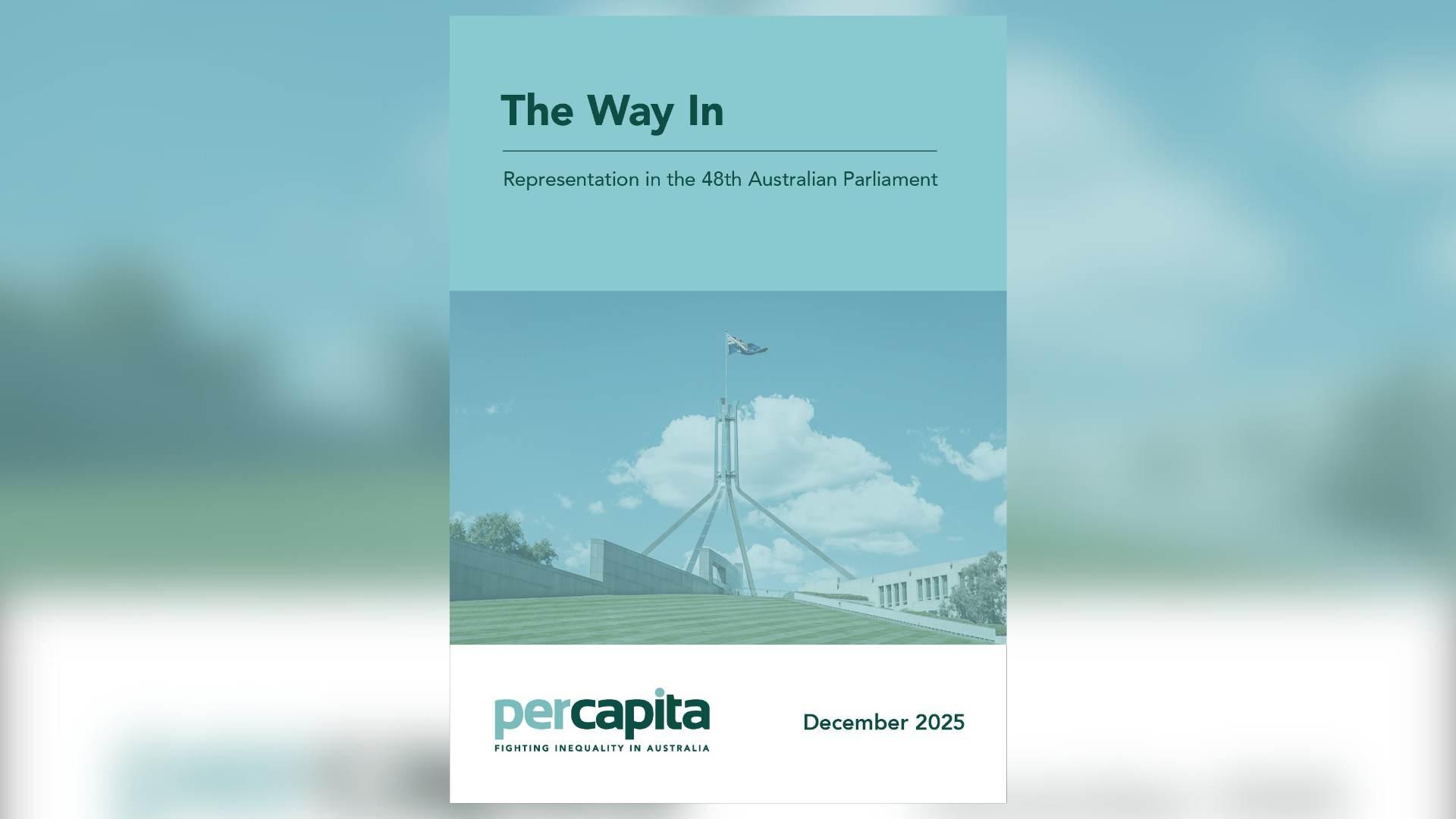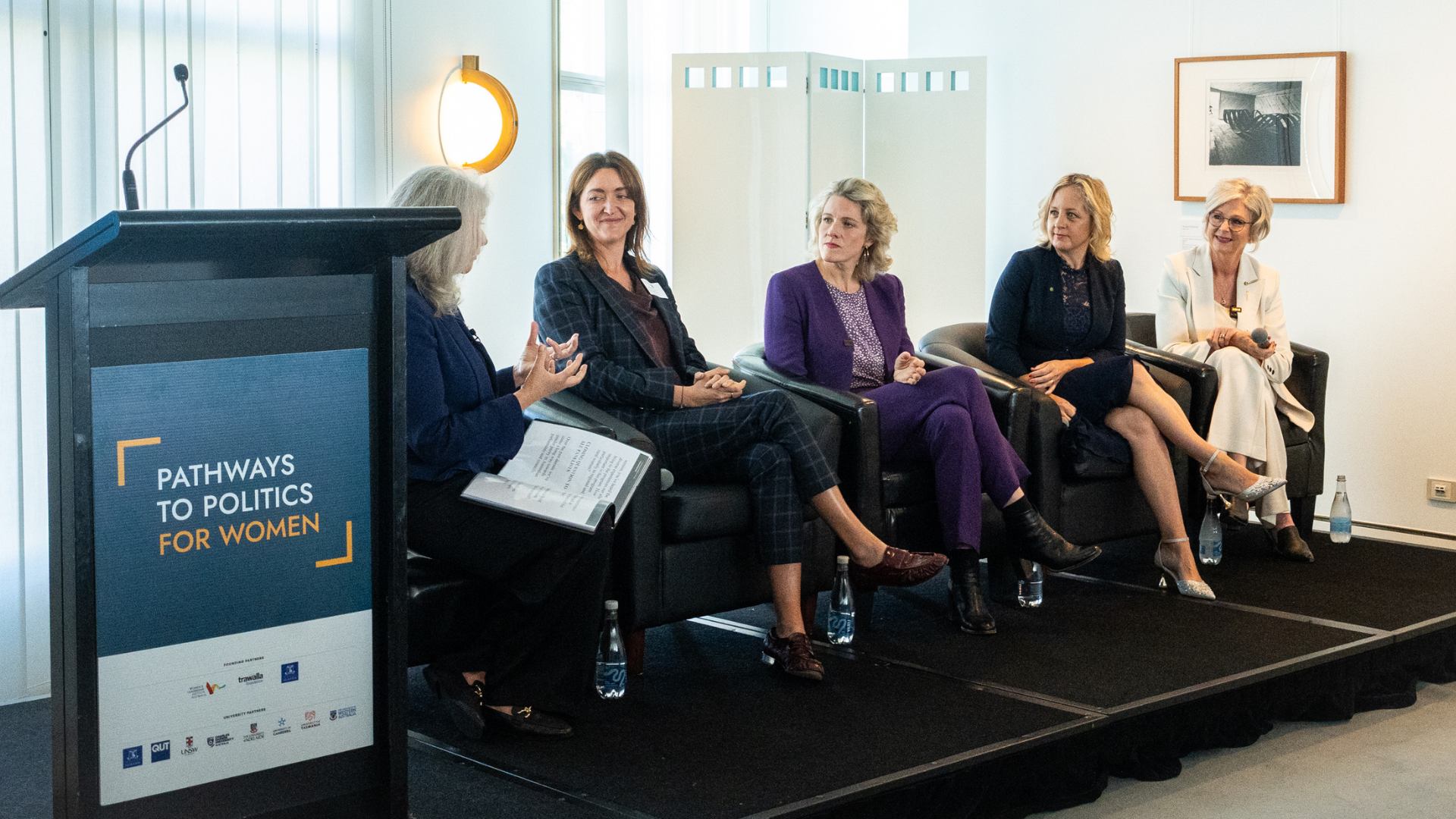Ján Michalko, Matthew Maycock, ALiGN, 28 May 2024
Men in politics as agents of gender equitable change examines why men in politics decide to support gender equality, how they explain and frame their allyship, and how their actions are perceived by women politicians, activists and students.
Drawing on evidence from three countries: Colombia, Liberia and Malaysia, this research contributes in-depth, qualitative and cross-country analysis of how gender norms are influencing decisions of men politicians to support gender equality in the Global South.
Some key messages from the authors:
- Men in politics have the potential to be agents of change for gender equality. Yet most gender equality supporters in the three case study countries refuse the feminist label and describe themselves as: allies, advocates, or supporters of feminism, gender equality and women.
- Refusal of men politicians to adopt a feminist label is a calculation that considers three interconnected factors: personal, institutional and societal – which ranges from their convictions and personal relationships, the costs and benefits of challenging norms in political parties to potential electoral repercussions.
- Feminist activists, women politicians and young people find it hard to identify men who are feminist politicians or those who truly care about gender equality. Such pro-equality men are perceived as too few, disconnected from the feminist movements and each other and often ‘not doing enough’ and failing to have introduced alternative political masculinities.
Read the report







